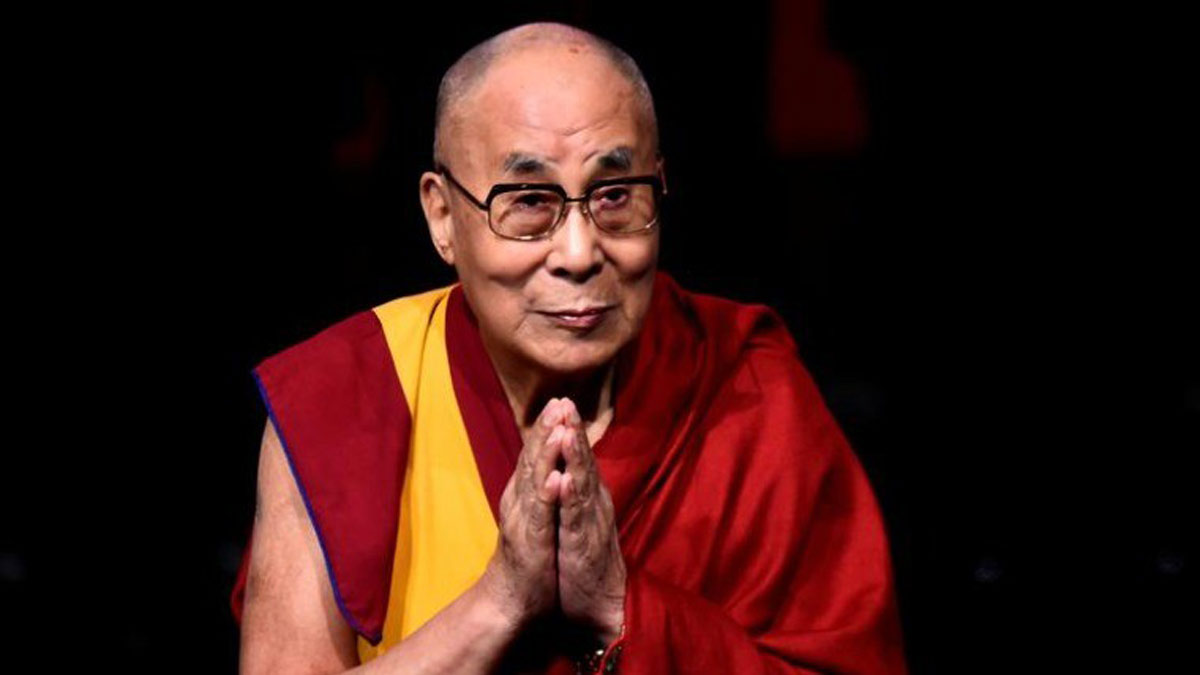OPINION | The Tibetan quest for freedom and the legacy of the Dalai Lama
 Dalai Lama
Dalai Lama
Ahead of The Dalai Lama’s 90th birthday on July 6, the aspirations of the Tibetan people stand as a profound testament to human resilience and the enduring struggle for justice. For decades, Tibetans have sought greater autonomy, the protection of their unique cultural heritage, and the ability to freely determine their future. This desire is not merely political; it is deeply intertwined with spiritual identity, rooted in the teachings of the Dalai Lama—a figure who embodies peace, compassion, and the wisdom of an ancient civilization.
At the heart of this quest is the Tibetan people’s yearning for self-expression. Tibet's rich tapestry of traditions—its language, art, and Buddhist practices—has faced immense challenges over time. Yet, even amidst adversity, Tibetans have demonstrated a remarkable commitment to preserving their heritage and sharing it with the world. They envision a future where their voices are heard, their culture thrives without fear of suppression, and their rights as individuals and a community are upheld.
An essential element of this dialogue concerns the future reincarnation of the Dalai Lama. His Holiness, the 14th Dalai Lama, has been a moral beacon not only for Tibetans but for countless people around the globe. As he ages, the question of his reincarnation becomes increasingly pressing—a subject that intertwines theology with geopolitics. The Dalai Lama himself has expressed that the process of reincarnation should be guided by Tibetan traditions and practices, free from external interference. This stance resonates deeply with Tibetans, who view the spiritual leader’s reincarnation as an unbroken thread in their cultural and religious identity.
Internationally, voices have risen in solidarity with Tibetans’ aspirations for freedom and self-determination. Advocacy groups, governments, and individuals continue to express support for their cause, urging dialogue and nonviolent solutions. This global recognition amplifies the call for justice, emphasizing that the dignity and aspirations of a people should never be sidelined.
As the Tibetan journey unfolds, their aspirations serve as a poignant reminder of the universal human desire for freedom, dignity, and the preservation of one's identity. The legacy of the Dalai Lama, and his eventual reincarnation, represents more than a single life; it symbolises hope, resilience, and the unwavering belief that compassion can prevail even in the face of immense challenges.
The Tibetan people invite us to reflect on the values they hold dear and to stand beside them as they envision a future where their cultural and spiritual heritage shines brightly on the global stage. May their courage inspire a world where dialogue triumphs over discord and humanity rises to meet its highest ideals.
The author is the son of Gyalo Thondup, the Dalai Lama’s elder brother and his former personal representative to China
The opinions expressed in this article are those of the author and do not purport to reflect the opinions or views of THE WEEK.
World